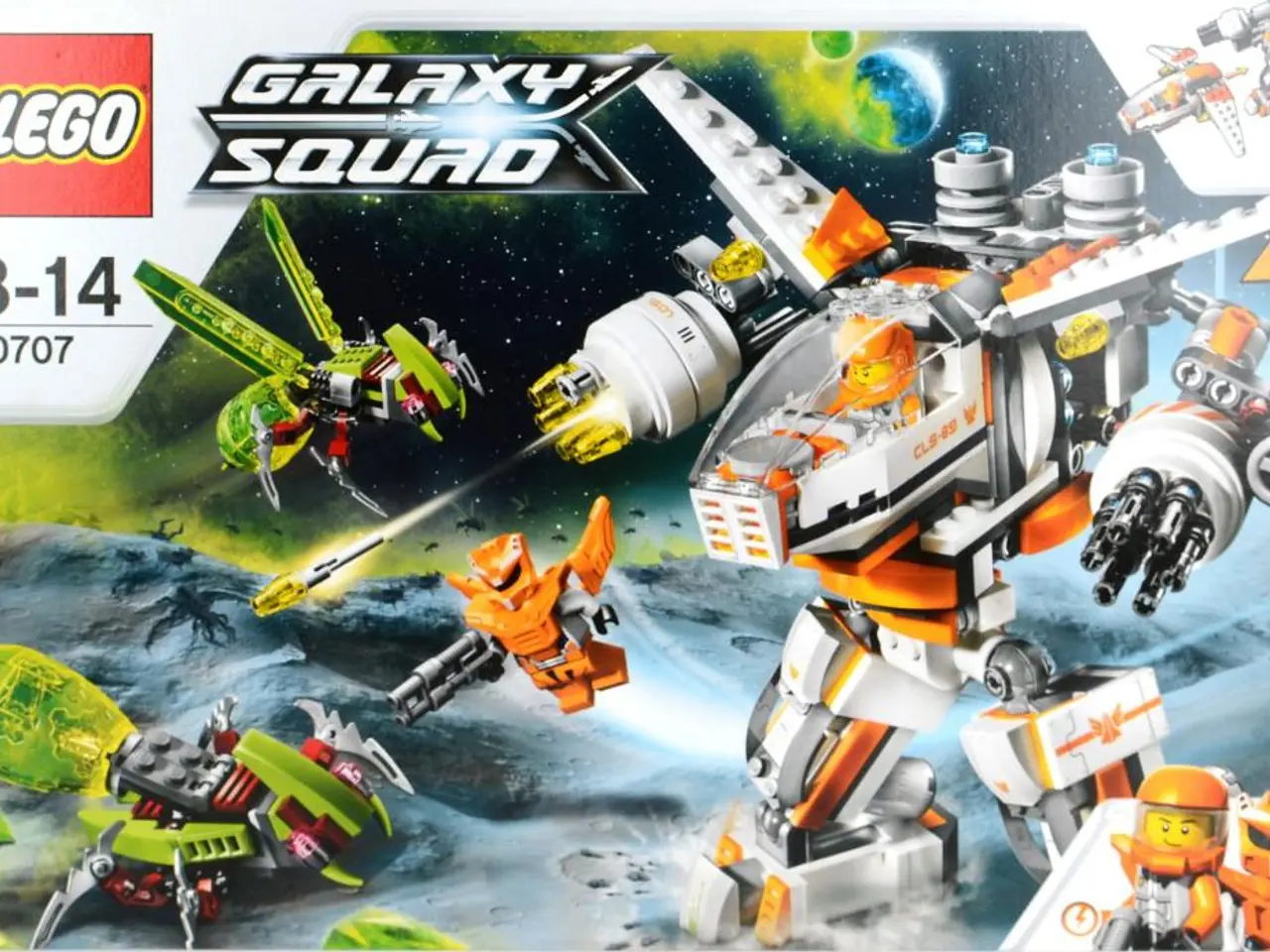AI integration in film and television: Netflix and actors' union's agreed terms
In the ever-evolving world of film and television, the use of Artificial Intelligence (AI) is becoming increasingly prevalent. One of the latest developments in this area comes from the German film industry, where the largest national actors' organization, BFFS, and streaming giant Netflix have agreed on binding rules for the use of AI in dubbing and film production.
BFFS, with over 4,300 actors, is the strongest professional association in the German film, television, and theater landscape. Their legal counsel, Bernard Stoerkmann, considers this AI agreement an important signal as it emphasizes the need to handle AI while respecting legal regulations and personality rights.
However, the specifics of the agreement between Netflix and BFFS are not publicly disclosed, leaving many details about the contractual terms, rights, responsibilities, or technological implementations unknown.
The use of AI in film production is not limited to Netflix and BFFS. The Production Alliance, which represents the independent interests of German producers of film, television, and various other audiovisual media, consisting of 375 members, also agreed on conditions related to the use of generative AI in film productions in February.
Meanwhile, the first completely AI-generated film, "Pirate Queen: Zheng Yi Sao," is set to release in July. The film was co-created by Chen Zhuo, a 29-year-old engineer and co-founder of the world's first AI film studio. Although AI was used for images, scenes, surroundings, digital actors, animation, and post-production, a human wrote the screenplay due to AI's inability to verify historical data, achieve emotional depth, and handle long dialogues.
AI is also making its way into the online casino industry, where it is used for tasks such as creating tailored bonus offers for players and monitoring changes in gaming behavior over time for player protection.
As the use of AI in the film industry continues to grow, it is essential to ensure that these technologies are used responsibly and ethically. The focus should be on respecting copyright and personality rights when using AI, as emphasized by the agreements between BFFS and other industry players. The use of AI should not remain a nebulous bogeyman in the film industry, but a tool that can be harnessed to create innovative and engaging content while respecting the rights and interests of all parties involved.
[1] https://techcrunch.com/2022/02/23/netflix-show-2-ai-model/ [3] https://www.linkedin.com/pulse/netflix-show-2-ai-model-powering-next-generation-content-production-chakravarthy/ [5] https://www.businessinsider.com/openai-netflix-collaborate-on-ai-driven-content-production-2021-10
Sports and technology have expanded their spheres of influence, with artificial intelligence (AI) being integrated into the online casino industry. AI is used to create tailored bonus offers and monitor changes in gaming behavior for player protection. In the realm of entertainment, AI has become increasingly prevalent, particularly in the film and television industry, where it is being used to generate content, creatively and responsibly, while respecting copyright and personality rights – as demonstrated by agreements between organizations like BFFS and Netflix. Yet, the emotional depth and historical accuracy still require a human touch, as evident in the co-creation of the first AI-generated film, "Pirate Queen: Zheng Yi Sao."




